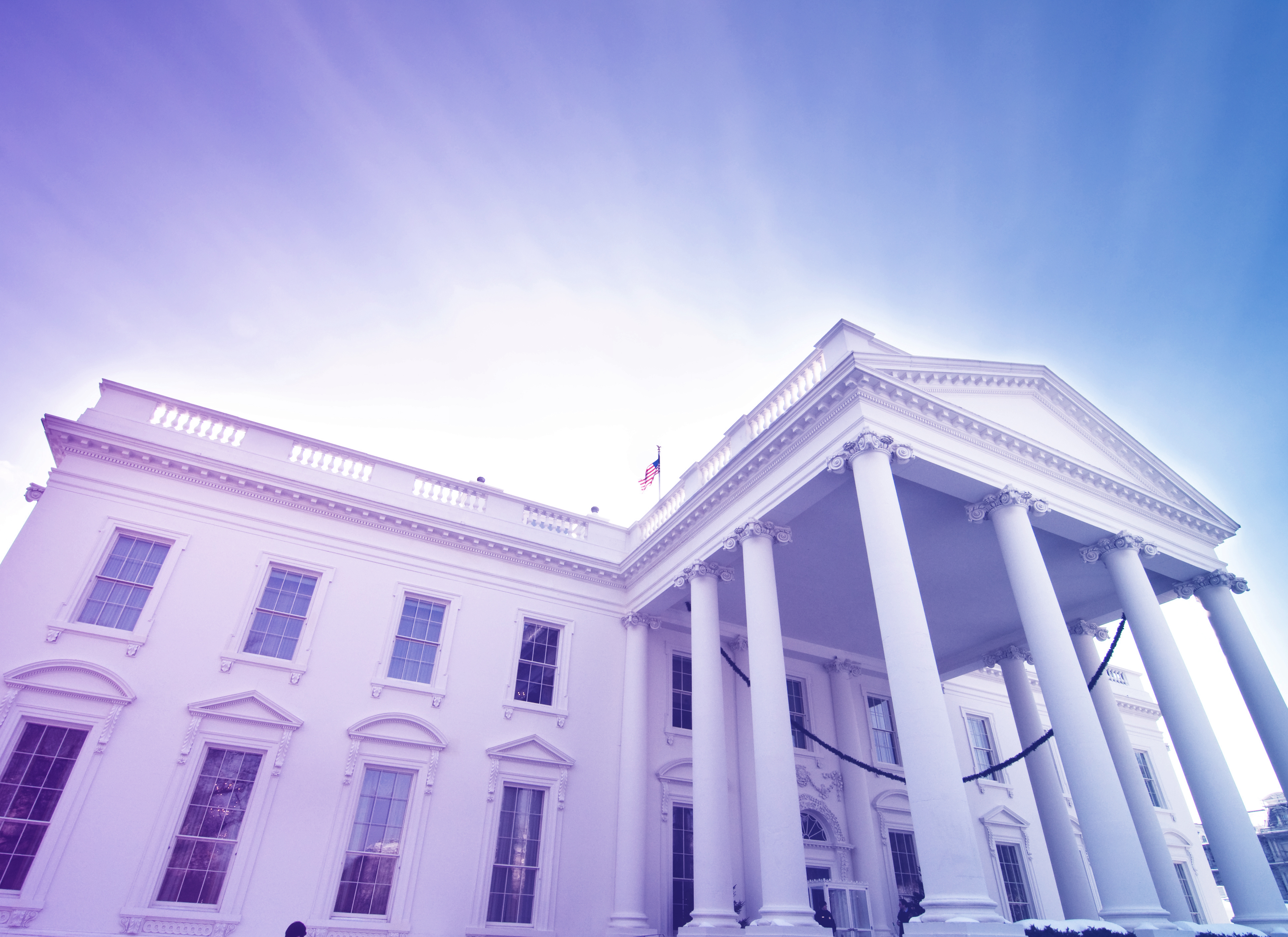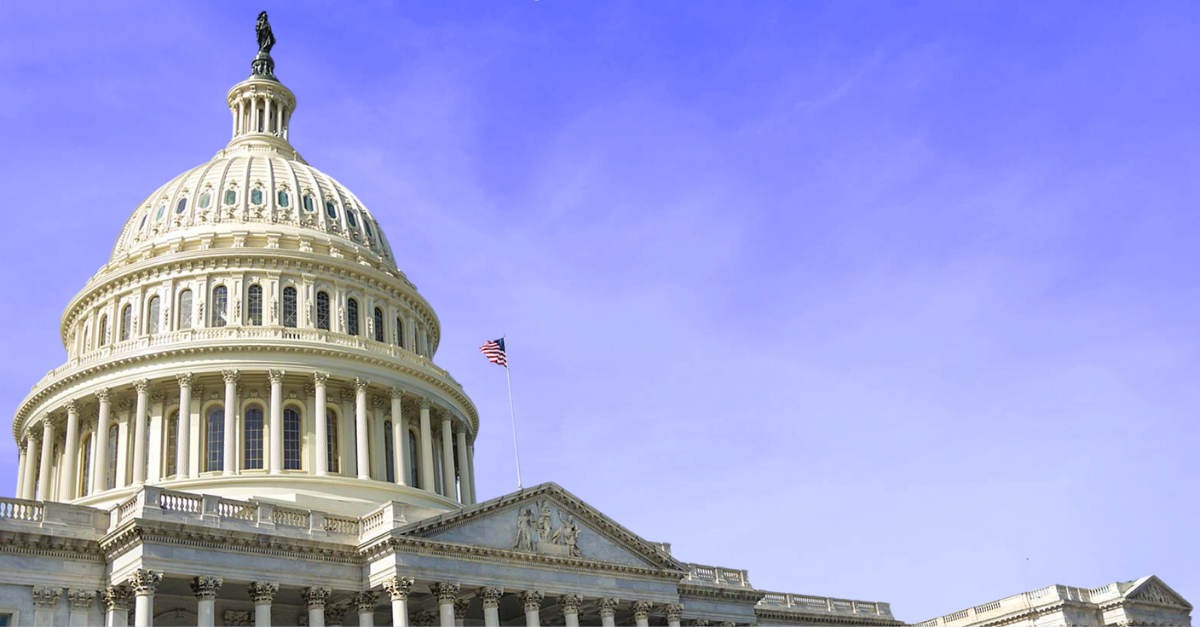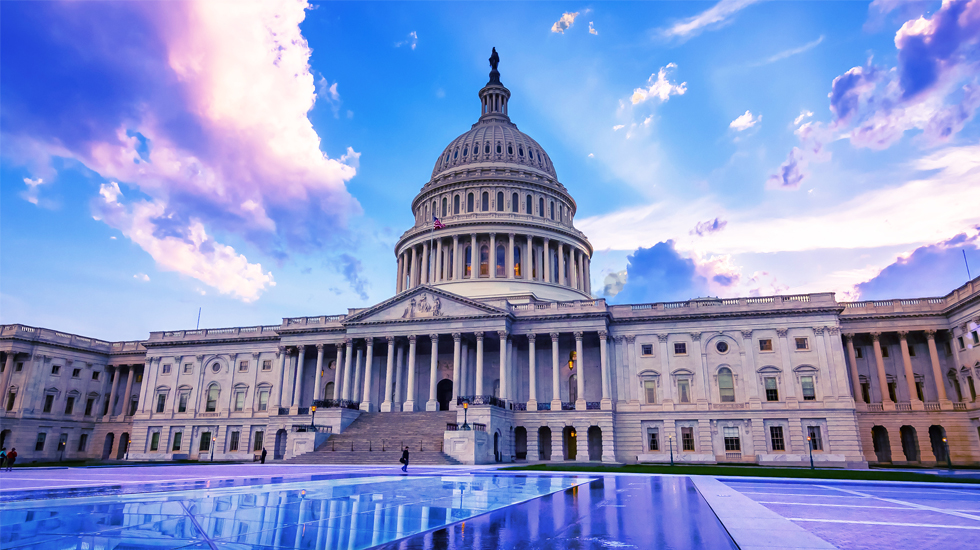First 100 Days: Upcoming Regulatory Signals for M&A and Capital Formation
Signals will help to guide the deregulatory agenda

KPMG Regulatory Insights
- Does Dereg Mean Deals?: A deregulatory agenda was thought to mean increased deal making and capital formation—but regulatory guardrails alone are but one piece.
- National Capitalism: Heightened focus on foreign ownership and influence (and impacts to domestic industry) will weigh into the Administration’s regulatory directives.
- Antitrust: Despite efforts to help streamline regulatory processes, expect a continued regulatory and legal/litigation focus on antitrust.
__________________________________________________________________________________________________________________________________________________
April 2025
The new Administration was generally expected to implement a pro-business stance that would bring certainty and growth (e.g., focus on stock values/ capital formation, increasing numbers of initial public offerings) and an easing of regulatory requirements that, in combination, would spur M&A activity. While uncertainties (e.g., tariff and trade policies, pace of change) remain in achieving this uptick, several First 100 Day regulatory signals areas are likely to help guide the deregulatory agenda, including:
- Capital Formation
- Protection of Domestic Industry/National Security
- M&A and Antitrust Policies
See also KPMG 2025 M&A Deal Market Study, here.
Capital Formation
Federal departments and agencies are making/considering changes to regulatory processes intended to promote capital formation in both private and public investor markets.
Signals | Description/Examples | Source |
|---|---|---|
Modification or Withdrawal of Rulemakings and Guidance | Recission of SEC Staff Legal Bulletin No. 14L and issuance of new Staff Legal Bulletin No. 14M (CF), which eases the ability of companies to exclude shareholder proposals (e.g., climate policy, corporate governance, human capital management) from proxy materials.
| |
Adoption of enhanced accommodations for issuers seeking nonpublic review of draft registration statements for public offerings, including:
| ||
Consideration, based in part on recommendations from the SEC Office of the Advocate for Small Business Capital Formation (OASB), of potential changes to:
|
| |
Implementation of Executive Order 14219, which directs agencies to “initiate a process to review all regulations” and identify regulations that, among other things, “impose undue burdens on small businesses and impede private enterprise and entrepreneurship.” Launch of the Anticompetitive Regulations Task Force “to advocate for the elimination of anticompetitive state and federal laws and regulations that undermine free market competition and harm consumers, workers, and businesses”; solicitation of public comment on “unnecessary” laws and regulations that raise the highest barriers to competition. |
DOJ Announcement, Request for Comment
|
Protection of Domestic Industry/National Security
Aside from Executive Orders and Memorandums on trade and economic policies, regulatory signals aligned to domestic industry and national security include:
Signals | Description/Examples | Source |
|---|---|---|
Modification or Withdrawal of Rulemakings and Guidance | Implementation of Executive Order 14219 on the Administration’s deregulation initiative. Establishment of the Anticompetitive Regulations Task Force (included in Capital Formation as well) to:
| |
Focus on National Security | Potential for sanctions and/or bans (e.g., China Russia) inclusive of sector-specific and tech-related actions. Areas of interest may include IP rights, connected products, and investments in national security technologies in other countries (e.g., DOJ final rule on Prohibitions and Restrictions on Access to Bulk U.S. Sensitive Personal Data). | |
Potential for investigation into the U.S. operations of companies aligned with countries posing national security concerns (e.g., telecommunications). Efforts may include:
| FCC Chair Statement
| |
Heightened focus on investment in specific industries to secure American independence and innovation (e.g., energy, AI), including potential for changes in regulations to promote innovation and sector development. | EO 14156 (re: Energy) EO 14179 (re: AI) | |
Narrowed application of the beneficial ownership information reporting requirements under the Corporate Transparency Act (CTA) to include only entities previously defined as “foreign reporting companies.” |
M&A and Antitrust Policies
Actions related to M&A and antitrust policy and enforcement in the early days of the new Administration suggest a potential continuation of policies from the previous Administration, including a regulatory and legal/litigation focus on antitrust. However, federal banking agency actions appear to prioritize faster approval processes and an opening of charters to areas such as fintech.
Signals | Description/Examples | Source |
|---|---|---|
Continuation of 2023 Merger Guidelines | Retention of FTC/DOJ 2023 Merger Guidelines; continued focus on anti-monopoly/anti-competitive transactions and/or conduct and protection of workers (i.e., labor markets); transaction reviews to include “factors and frameworks” when assessing compliance with U.S. antitrust laws (e.g., series of acquisition, trends toward consolidation). The agencies “prize stability and disfavor wholesale recission”; they state that stability is good for business planning and enforcement. |
|
Rules covering premerger notification, reporting, and waiting requirements under the Hart-Scott-Rodino Antitrust Improvement Act (HSR) were allowed to go into effect (and were not held back under the regulatory freeze executive action – see also “Congressional Activity” below). | ||
Industry-Specific Action/Flexibility | Expressed willingness to adopt a more “nimble and predictable” approach to de novo bank formations and M&A (e.g., banking). Encouragement for more de novo activity to create a pipeline of new entrants. Need for improvement in the merger approval process to ensure timely response. |
FDIC Acting Chair Statement |
Approval of new charter/ business model (e.g., OCC approval of fintech acquisition of a national bank). | ||
Imposition of “passivity agreements” for certain large investors. | ||
Congressional Activity | Introduction of bills to “disapprove” prior rules (under the Congressional Review Act), including the:
Note: Bills require both House and Senate to approve the same bill and the President to sign. | |
Modification or Withdrawal of Rulemaking and Guidance
| Proposed rescission of FDIC 2024 Statement of Policy of Bank Merger Transactions (to address concerns regarding uncertainties) and reinstate its previous Statement of Policy in anticipation of a future proposal to “comprehensively revise” its merger policy. | |
Updated guidance on interpretation of “active investor” and Regulation 13D-G beneficial ownership reporting requirements related to proxy voting. |
Download the full report:
First 100 Days: Upcoming Regulatory Signals for M&A and Capital Formation
Signals will help to guide the deregulatory agenda
Download PDFExplore more
Get the latest from KPMG Regulatory Insights
KPMG Regulatory Insights is the thought leader hub for timely insight on risk and regulatory developments.
Meet our team




